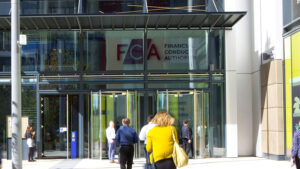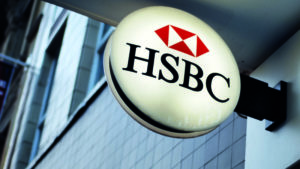Regarding the global slowdown, it is clear that:
- Almost all of Europe, including Germany, has slowed dramatically and is now in recession;
- The US economic tide is going out and, despite exports holding up, there is increasing evidence that the consumer is weak, loan demand is poor and the capital expenditure of 2011 is not being maintained, even in the successful technology sector;
- Most spectacularly, we’ve seen a very dramatic slowdown in Asia, with Asians potentially suffering not only from the slowdown in China but also feeling the effects of many dramatically slowing economies in Europe impacting their major European customers;
- Hopes remain that as the leadership transition occurs in China, more and more positive policy stimulus will be initiated. However, there are growing concerns that many Chinese companies don’t want to borrow more and, ultimately, the only stimulus China may be able to create is another fixed asset stimulus – in a world still suffering excess capacity from China’s past stimuli;
- Economic conditions in Japan are significantly worse than expected and, economically and politically, Japan may be deteriorating as quickly as Europe.
So why have stock markets risen over the summer?
Despite the deteriorating economic fundamentals, investors are placing higher valuations on many global equity markets. The reason is that, over the summer, we had the most aggressive comments yet from Mario Draghi that the ECB would do "whatever it takes" to defend the euro and support collapsing peripheral bond markets that posed a threat to the future of the euro.
This culminated, in the first week of September, in the announcement of Outright Monetary Transactions. In the past, I have highlighted the fact that nobody was interested in European equities and valuations were attractive; the equity markets have powered ahead despite nothing being fixed in Europe, with many investors on holiday and probably very few owning European equities.
From Ben Bernanke, the mood music throughout the summer had been that inflation remained under control, allowing him to focus far more on the need to stimulate the economy to meet his dual mandate of inflation employment.
In mid-September, the Federal Reserve extended its interest expectations from 2014 into 2015, thereby trying to convince all that, whatever the inflation rate, interest rates will stay at zero or negative – clear evidence of financial repression in operation. The Fed also initiated further large scale asset purchases, focused on mortgage-backed securities, which will remain in place until employment conditions improve and could, therefore, be unlimited.
It’s not obvious whether or not QE3 will make people invest or spend more because of other global economic uncertainties, but in essence what we have now is ‘QE infinity’.
Attraction of Asian bonds
Continued support and further interference in the markets and economies of QE and central bank policy in the US, Europe, the UK and Switzerland have, to some extent, undermined the balance sheets of these countries. This would encourage many more risk-averse investors to revisit owning bonds of less stretched economies in Asia in particular, but also other emerging market countries where sovereign leverage is much lower than in many developed countries.
In Europe and elsewhere, corporate bonds tend to have very strong balance sheets behind them and, therefore, from a balance sheet perspective, Asian countries, emerging market countries and corporates offer the best balance sheets for investors to lend to in our opinion.
However, investors should be mindful that, in the hunt for income, some high-yielding corporate bond funds have sought increasingly lower quality underlying assets to generate their cash flows. US treasury yields, for example, have gone down dramatically relative to high yield bonds as well as the stability of equities, in terms of income.
While many risk-averse investors are focusing on global emerging markets or Asian and high quality corporate credit, many other investors are potentially now being attracted to the underlying equities because of their higher-yielding characteristics.
To conclude…
With rigged markets resulting in three to five-year treasuries yielding virtually nothing, many high quality, high yielding equities offer significantly better levels of income. Strong companies (like British Land and Smurfit Kappa) have recently raised money in the bond markets at much more attractive rates than a few years ago and can now retire more expensive debt – clearly a very positive development for their shareholders.
Monetary and regulatory policy has continued, as we anticipated, in a rigged world and the challenges for investors in terms of generating income and protecting the real value of savings and wealth remain as demanding as before.
We would anticipate further swings of volatility in both bond and credit markets, as investors become too confident of some of the outcomes or more concerned about forthcoming elections.







